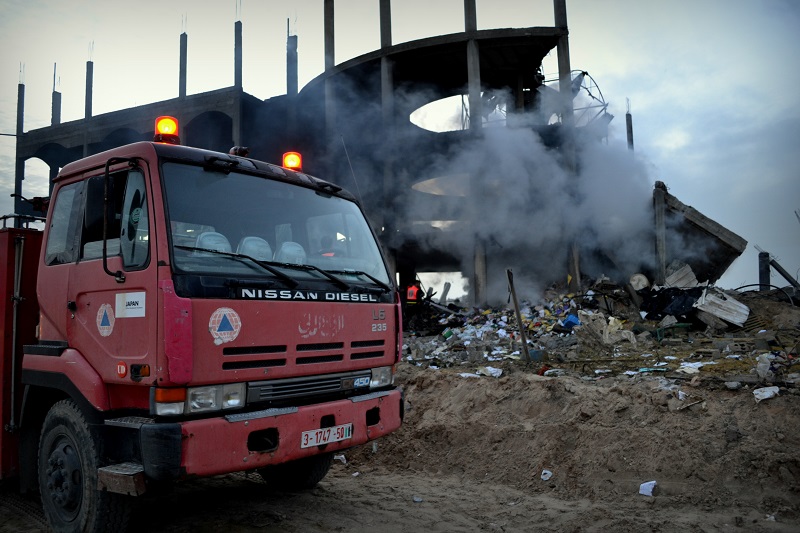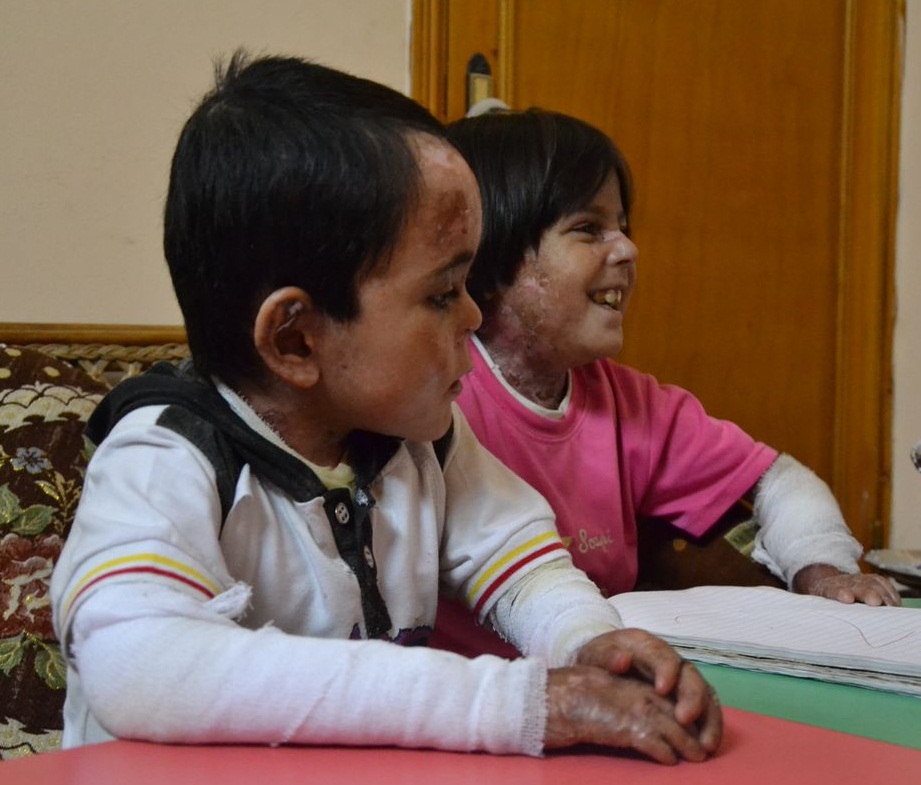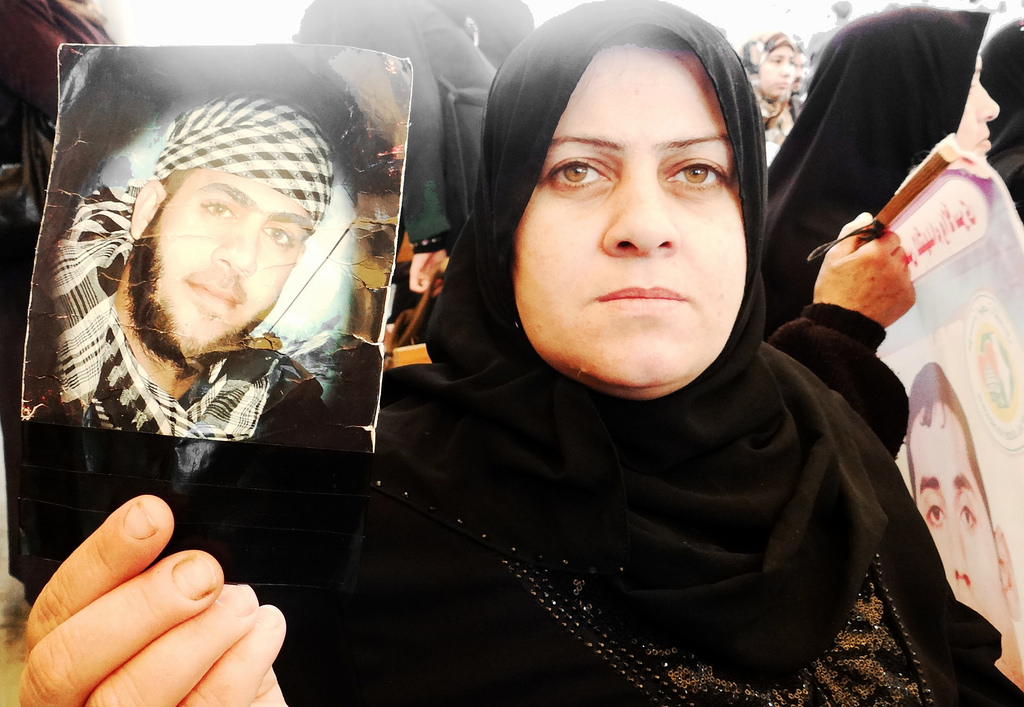Category: Gaza
-
Gaza children with terminal illness spend their final years under the siege
3rd February 2014 | International Solidarity Movement, Charlie Andreasson | Gaza, Occupied Palestine Epidermolysis bullosa is an exotic name for what is, in its most severe form, unusual, painful and fatal disease. It is caused by a deficiency of the protein that binds the two skin layers together, creating friction, blisters and open, slow-healing wounds. These…
-
In Gaza, remembering the sick Palestinian political prisoners in Israeli jails
2nd February 2014 | Resistenza Quotidiana, Sil | Gaza, Occupied Palestine At this week’s Gaza sit-in in solidarity with political prisoners in Israeli jails, the focus was on the sick prisoners. The Palestinian political prisoners in need of medical care number about 1,000, and the lives of many are in danger because they are often denied…



